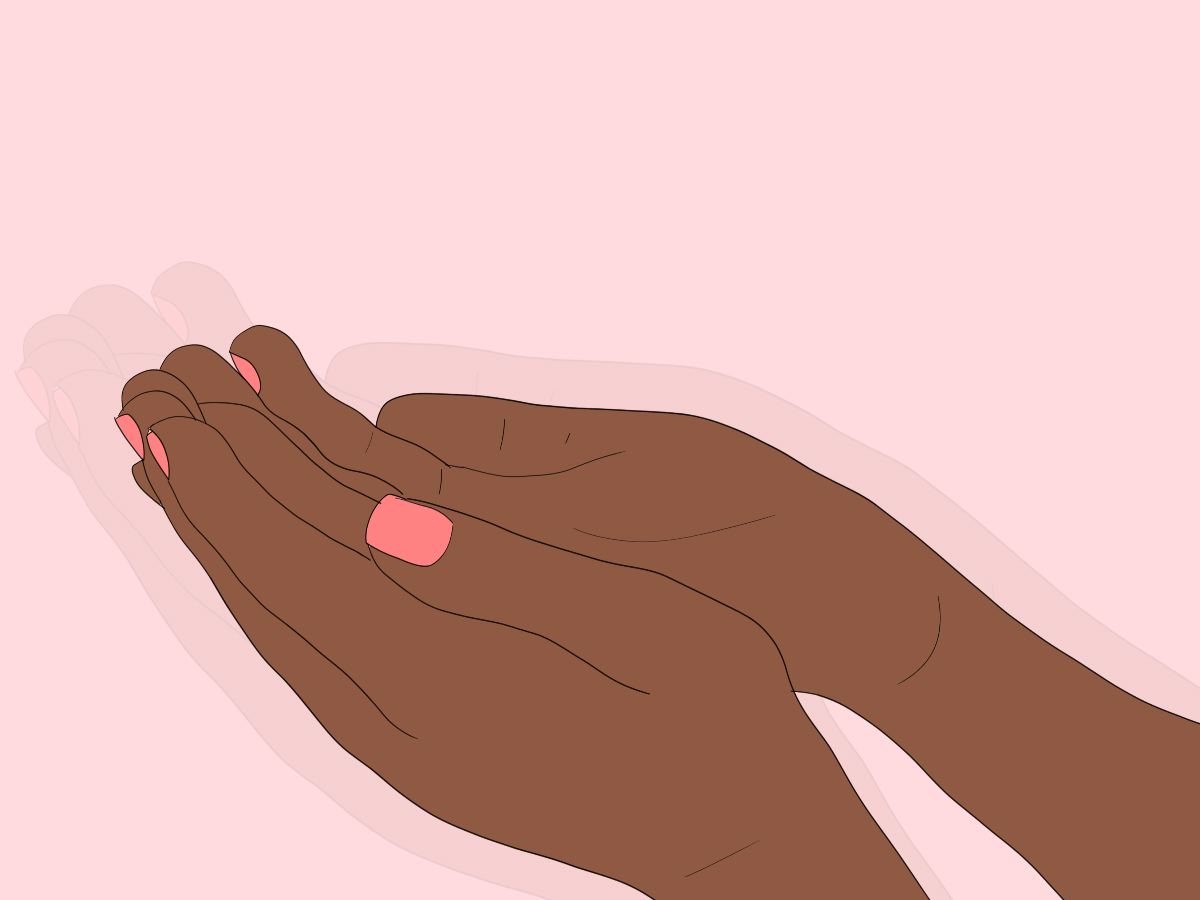“Therapy, therapy, therapy.”
It’s the elephant in the room and always right at the bottom of our to-do list. But having completed two years of CBT therapy, I’d like to share four things I’ve learnt and hope it can clarify the overwhelming task of finding a good therapist.
1. There is a possibility you won’t meet the most suitable therapist the first time round
Therapy is about forming safe relationships; you’re about to enter some vulnerable territories which require emotional presence after all. Therapist bias is real and that’s completely understandable, therapists are human too. However, it’s important to trust your gut and observe patterns. If after a few sessions you feel your therapist is judgemental, projecting or not present enough please do not second-guess yourself.
If setting boundaries is difficult for you, a simple cordial email to pause or end your sessions is worth your time and money. Eye contact, nodding and follow up questions are all signs of a good therapist. Don’t be scared to send them an email before a session or set parameters that will help you feel more at ease.
A good tip to beat the overwhelming list of therapists is to have a good read of their professional background.
- What theoretical approaches do they specialise in?
- Where are they based?
- And what would you like to achieve from therapy?
The BAATN organisation was a very good starting point for me and helped me narrow down my search, from race to the nearest location.
2. Therapists are here to listen, not offer solutions
In layman terms, the role of a therapist is to actively listen, engage and display empathy. They’re not here to diagnose you, tell you how you feel or provide you with a list of solutions. This was a difficult one for me as I went in intending to be diagnosed.
Nonetheless, having a therapist listen to you for an hour can be a daunting experience. You may find yourself going off-topic or trying to fill awkward silences. Take a moment to really think about what you want to speak about during each session. Is there a current issue on your mind or are you suppressing something? This is why an emotionally attuned therapist is key to providing a balanced conversation.
For example, my wonderful therapist helped me draw parallels between myself, my family and past events. I do warn you though, you won’t always leave sessions feeling lighter; at times you can leave feeling angrier. A good tip after sessions is to take a moment to settle yourself. This can be done through journaling, deep breaths or a stroll.

3. Get serious about your healing work!
Facebook support groups and Instagram psychologists are other outlets when it comes to your healing work. For example, over Facebook, I’ve developed phenomenal connections with people who’ve gone through similar childhood experiences. I never knew C-PTSD (complex post-traumatic stress disorder) was a real term, which had dramatically shaped my life. However, it’s also important to ask yourself where do I draw the line with the internet?
A like or comment on an Instagram page is only a quick reminder. The bigger question is are we using grounding techniques when hit with an emotional flashback? Are we celebrating our inner child when they accomplish something they never thought they could do? Getting serious also means getting comfortable with the uncomfortable; we have to tap into an inner world that is messy and quite frankly petrifying.
Alas, therapy and self-healing are far cries from the bubble baths and retail shopping, and closer to confusion, sleepless nights and feeling isolated.
4. Therapists become a part of your life too!
Similar to friends or work colleagues, we get used to seeing therapists on a weekly or fortnightly basis. My third psychotherapist was a pleasure to see every Thursday; she was jotted in my diary from 6 to 7 pm after work. Our session ended with a warm hug – a completely different approach to the previous therapists I had.
Although at times I could see she was tired from back to back sessions, she did what a psychotherapist was supposed to do: listen. We went from having a good laugh after creating my very own “ghost series” of men who had ghosted me after a few dates, or more serious issues of me feeling a lack of identity at work.
We sometimes think of our therapists not only when things go wrong but when things go right. When we are on holiday finally learning how to relax or managing to set boundaries with a toxic manager. It’s definitely a non-linear journey and we appreciate their presence and validation.
Good luck!
Find more lifestyle articles here >
Written by Saheera Ausaluth
Illustrated by Francesca Mariama

